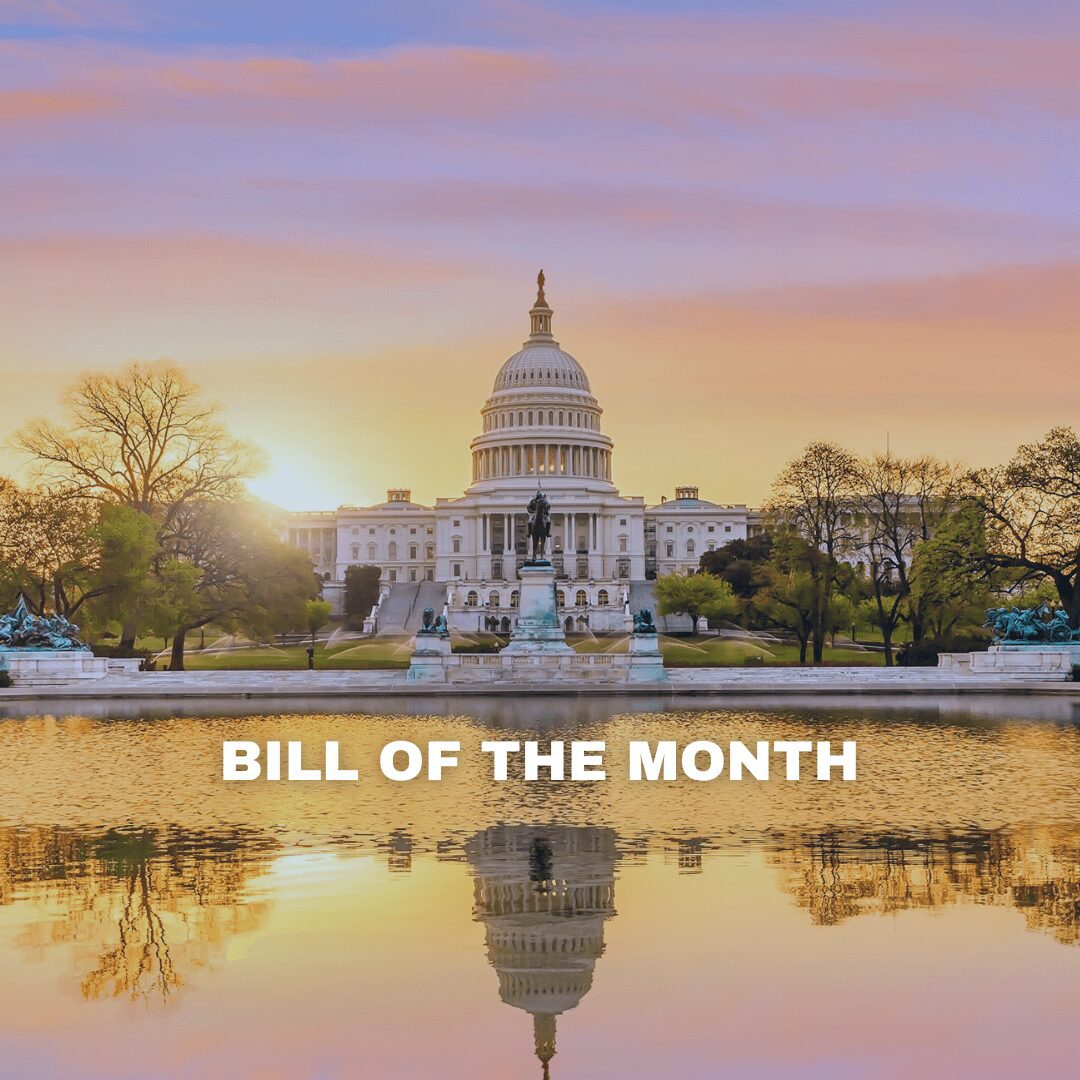
Bill of the Month — June 2024: Secure Payments Act
Michael Mohr-Ramirez
June 25, 2024
House Sponsors: Reps. Blaine Luetkemeyer (R-Mo.), Byron Donalds (R-Fla.), Roger Williams (R-Texas), Scott Fitzgerald (R-Wis.), Pete Sessions (R-Texas), Mike Flood (R-Ne.), Zach Nunn (R-Iowa), Dan Meuser (R-Pa.), and Bill Posey (R-Fla.).
Senate Sponsors: Sens. Ted Budd (R-N.C.), Bill Hagerty (R-Tenn.), Steve Daines (R-Mt.), Thom Tillis (R-N.C.), and Katie Britt (R-Ala.).
Secure Payments Act:
The Secure Payments Act, led by Rep. Blaine Luetkemeyer (R-Mo.) and Sen. Ted Budd (R- N.C.) would require the Fed to complete a full quantitative impact study on the proposal’s effect on consumer costs and the economy. Mandating that the Fed complete this study will prevent it from rushing proposed changes to Regulation II.
As interested parties have known for more than a decade, studying any aspect of arbitrary government price caps on card services clearly shows direct harm to low-income households, minority communities, and small community banks. It is for these reasons, among others, that TPA is pleased to make the Secure Payments Act from Rep. Luetkemeyer and Sen. Budd its Bill of the Month for June 2024
Background:
In the increasingly competitive credit and debit card market, card issuers utilize interchange fees for a range of purposes. These transaction fees allow companies to accept different issuer’s cards and fund services for cardholders, such as fraud protection. Prior to the Dodd-Frank Wall Street Reform and Consumer Protection Act (enacted in 2011), debit card fees averaged about two percent of any given transaction.
However, included in Dodd-Frank was an amendment from Sen. Dick Durbin (D-Ill.) which arbitrarily capped the debit interchange fees at 22 cents. While the Durbin Amendment was promoted as protecting consumers and bolstering competition, banks lost $6.5 billion in annual revenue. This significantly restricted credit unions and community banks from providing important services to their customers. The Federal Reserve’s implementation of the amendment became known as Regulation II (Reg II).
Prior to the Durbin Amendment, more than 60 percent of banks offered free checking accounts. Now, only 20 percent of banks offer free accounts. Previously, account fees averaged $4; now they have grown past $7. Average minimum balances at regulated banks for noninterest and interest-bearing accounts have increased by $400 (50 percent) and $1,700 (55 percent), respectively. The impact these stringent restrictions have had on Americans’ ability to access banking services is clearly shown in the 2017 Federal Deposit Insurance Corporation (FDIC) Survey of Unbanked and Underbanked Households, where nearly 30 percent of respondents became unbanked because of high and unpredictable account fees.
In October 2023, the Federal Reserve announced a proposal to update Reg II. The update would implement further price controls for interchange fees on debit transactions, despite no mandate to do so. This regulation carries the risk of increased harm to payment systems, small banks, and low-income communities.
It is important to note that Sen. Durbin continues to ignore the clearly regressive effects of arbitrarily capping and removing interchange fees by championing S.1838, the Credit Card Competition Act, which would eliminate these fees on credit transactions. Like his amendment in 2011, this irresponsible proposal would not only endanger credit card holders’ access to fraud protection but also remove their card points and cashback rewards systems.
